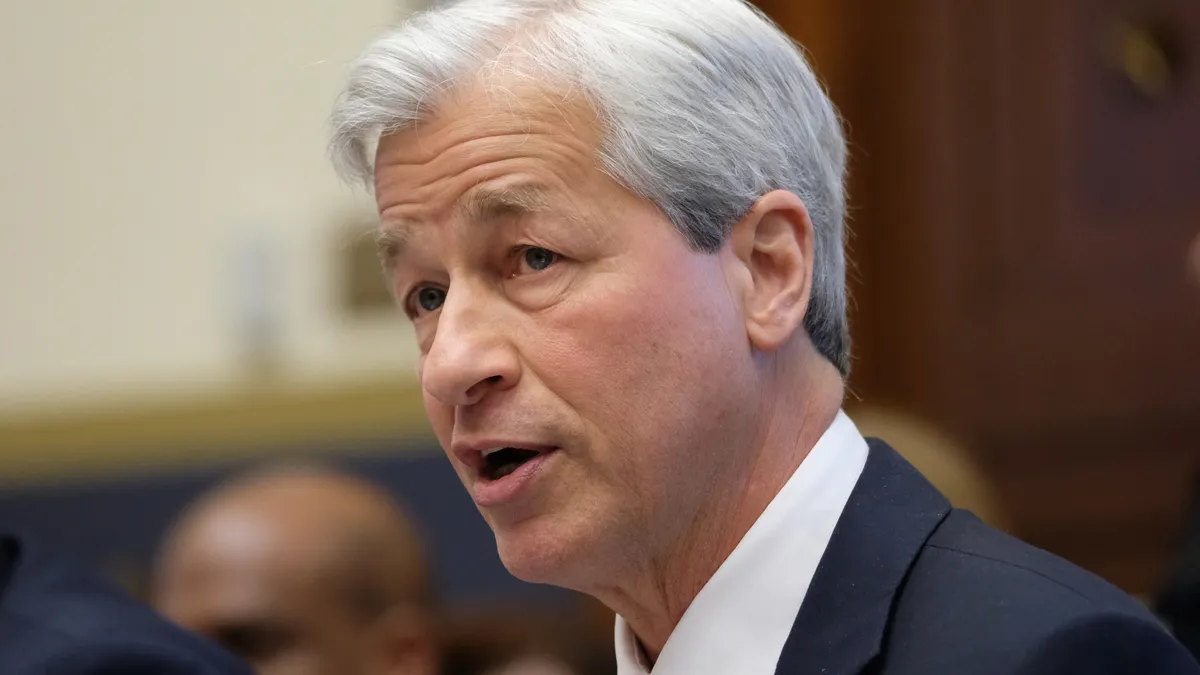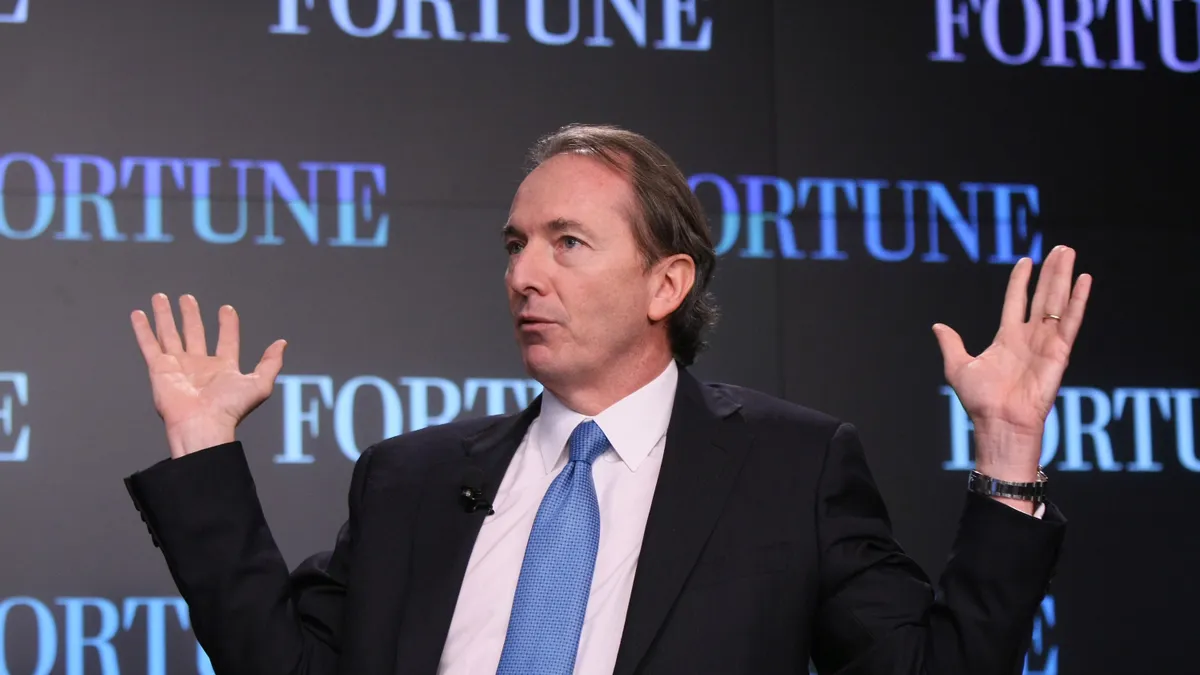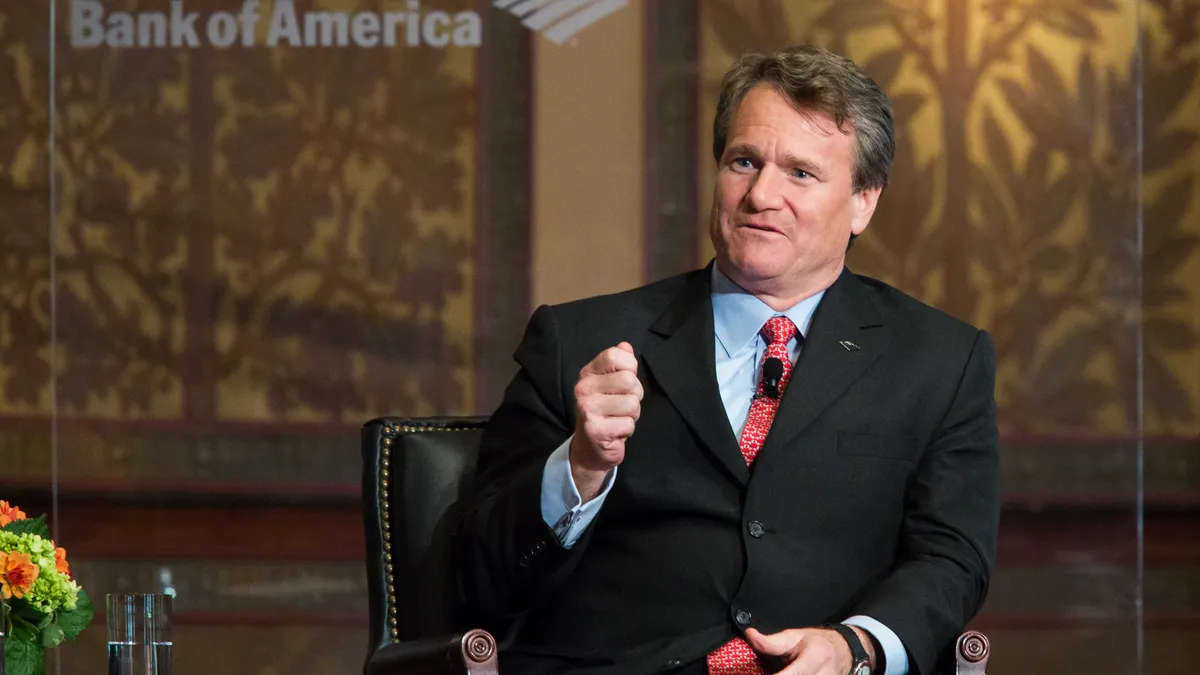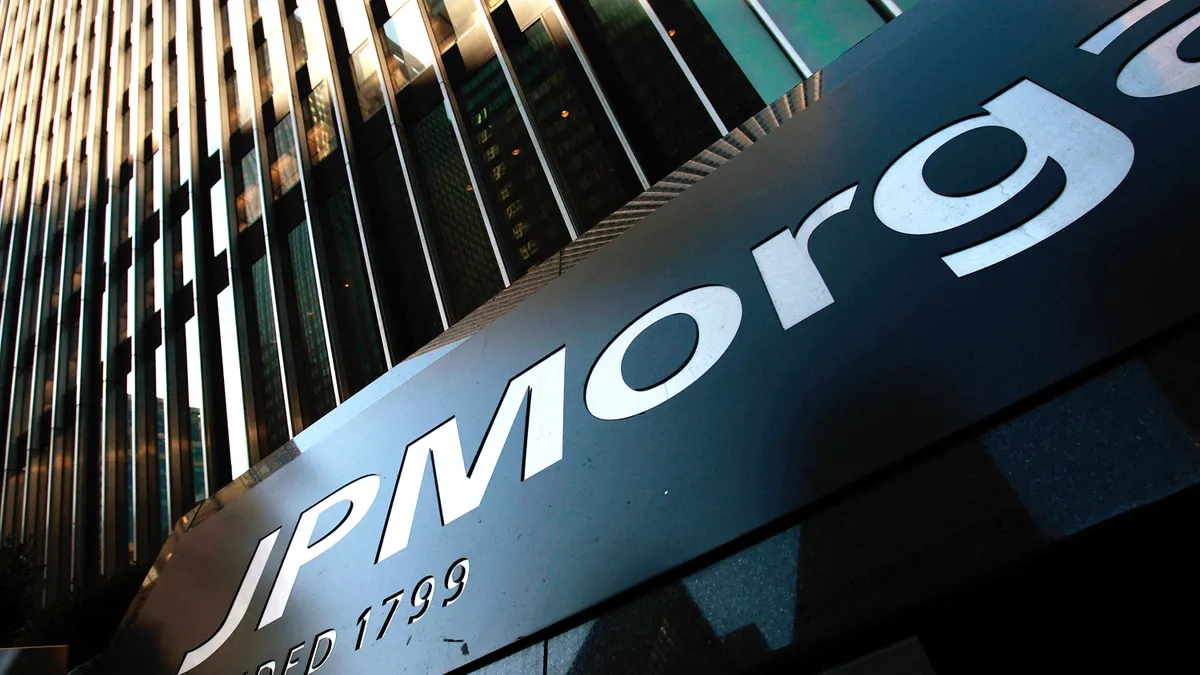Stop me if you’ve heard this one before.
At the box office — when people used to go to the movies — summer is traditionally known for its proliferation of sequels.
In that vein, the banking industry has shown late July to be fertile ground for innovation of the sort that springboards off long-running narratives: follow-ons, perhaps.
Synovus Financial, a $54.3 billion-asset Georgia-based bank, indicated Tuesday it is considering making changes to its checking accounts in this year’s fourth quarter or early 2022 that could, according to American Banker, affect the debiting of charges and give customers an added measure of control over spending.
The bank said during its second-quarter earnings call that it’s deriving about 6% of its fee income from overdraft — a sharp drop from 36% in 2019, but a stream it expects to largely replace with revenue from other business lines such as payment services or the company’s brokerage unit.
Synovus is hardly the first bank this year to de-emphasize overdraft fees. Ally, for example, eliminated them from its business model. And banks from PNC and Huntington to Capital One and Frost Bank have rolled out products that offer overdraft grace, early pay access or small lines of credit.
Junior banker pay
Deutsche Bank appears to be the latest financial institution to hike pay to the six-figure threshold for first- and second-year analysts in its origination and advisory arms, according to reports from Bloomberg and Reuters. The $15,000 boost — to $100,000 and $105,000, respectively — puts the German bank in line with starting salaries JPMorgan Chase, Citi and Barclays have pledged this year. Bank of America and Wells Fargo said in April they would increase junior banker compensation by relatively similar amounts.
Deutsche’s U.S. analysts who are being promoted to associate midyear will get a $25,000 pay increase to $150,000, a source told the news outlets. Affected personnel will be told during compensation reviews, and the bank plans formal communication next month, but changes are effective July 1, Reuters reported.
The flurry of concern over junior banker pay — or the race to retain talent, as it were — began in earnest after a presentation by 13 Goldman analysts went viral in March, revealing "inhumane" 100-hour workweeks, deteriorating physical and mental health and a souring outlook for the future.
The analysts asked Goldman to limit workweeks to 80 hours. The bank responded by saying it would strengthen enforcement of its Saturday rule, which mandates that analysts be out of the office from 9 p.m. Friday to 9 a.m. Sunday.
Mary Erdoes, CEO of the asset and wealth management business at competitor JPMorgan Chase, shared her take on junior analyst work hours with Bloomberg TV this week.
"If you think 10,000 hours is about what you need to master any subject, if someone comes in and has a regular, eight-hour-a-day job, five days a week, it’s gonna take about five years to have a base-level mastery," she said. "On Wall Street, it’s more like 12 hours a day, six days a week. That cuts you down to about two and a half years before you become mastered in something."
CEO awards
The bank, meanwhile, gave longtime CEO Jamie Dimon a "special award" of 1.5 million share options, reflecting the board’s "desire" that he "continue to lead the Firm for a further significant number of years," it reported in a securities filing Tuesday.
The irony, of course, is Dimon, when asked for a succession timeline, typically responds it’ll be another five years.
Dimon would need to hold the shares until July 2031, at which point the options would be worth about $50 million, according to estimates reported in the Financial Times and Bloomberg.
The board can take away up to half of Dimon’s options in the first five years if the bank’s performance is "unsatisfactory for a sustained period of time," if the bank’s annual profit turns negative — with the exception of certain items — or if the bank’s business units don’t meet certain goals, Bloomberg reported.
But the long-range impact of the award cements a timeline that, barring an emergency, essentially takes JPMorgan President Daniel Pinto out of succession planning, deepening Dimon’s incentive to serve until either Marianne Lake or Jennifer Piepszak is tapped as the bank’s next CEO. Lake and Piepszak were named co-heads of JPMorgan’s consumer and community banking unit in May.
Cards, cards, cards
Wells Fargo made waves last month, by launching the first of what it sees as a suite of cards — a 2% cash-back option — to boost its profile in the card space. The move may be seen as a salvo aimed at the world’s largest card issuer, Citi — which, within days, pushed its own 5% cash-back card.
Add to the fray Bank of America. The nation’s second-largest bank on Monday announced a credit card that offers users 1.5% cash back on all purchases with no limit to when or how much they can redeem.
"We heard from our clients that they want earning rewards on their credit card to be uncomplicated," Jason Gaughan, a credit card executive at Bank of America, said in a press release, adding that the card can help customers "optimize their spending."
The incentives increase for members of the bank’s Preferred Rewards tier, who can earn up to 2.62% cash back.
Wells this month leaned further into its cards, citing them as an alternative ahead of shutting down all existing personal lines of credit, a move that's expected within 60 days.
"We feel we can better meet the borrowing needs of our customers through credit card and personal loan products," the bank told CNBC and Bloomberg in a statement this month.
A week later, when Citi stopped taking applications for its $495-a-year Prestige card, it encouraged prospective customers to consider its newest 5% cash-back option, Bloomberg reported.
Crypto
BNY Mellon took another step forward in its embrace of crypto, joining a group of six banks backing trading London-based Pure Digital, the Financial Times reported Wednesday.
"Digital assets are only going to become more embedded in global markets in the years ahead, and this collaboration accords with BNY Mellon’s wider strategy to develop a digital asset capability for clients across the entire trade life cycle," Jason Vitale, global head of foreign exchange at the bank, told the publication.
BNY Mellon announced in February it is forming a digital assets unit to develop a prototype for a multi-asset digital custody and administration platform.
This week’s tie-up with Pure Digital comes three months after State Street lent its support to the effort.



















